水煮茄子的危害
2024-04-26 22:05:13
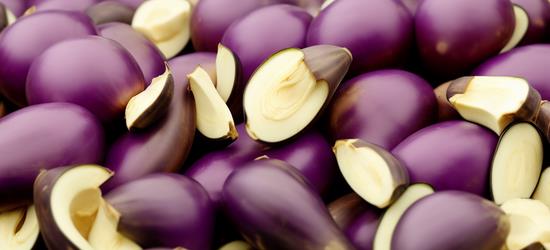
Water-boiled eggplant, also known as "shui zhu qie zi" in Chinese cuisine, is a popular dish that involves cooking eggplant in a spicy and flavorful broth. While this dish is delicious and enjoyed by many, there are some potential risks and hazards associated with consuming water-boiled eggplant.
One of the main concerns with water-boiled eggplant is the high sodium content in the broth used to cook the dish. Excessive sodium intake can lead to high blood pressure, heart disease, and other health issues. Consuming water-boiled eggplant regularly as part of a high-sodium diet may increase the risk of developing these conditions.
Additionally, some recipes for water-boiled eggplant call for the use of a significant amount of oil, which can contribute to a high calorie and fat content in the dish. Consuming foods that are high in calories and unhealthy fats can lead to weight gain, obesity, and related health problems.
Another potential hazard of water-boiled eggplant is the risk of foodborne illness if the dish is not prepared and cooked properly. Eggplant can be a breeding ground for bacteria if not handled and cooked safely. It is important to ensure that the eggplant is thoroughly washed and cooked to the appropriate temperature to reduce the risk of food poisoning.
Furthermore, some individuals may be allergic to eggplant or sensitive to certain compounds found in eggplant, which can cause allergic reactions or digestive issues when consuming water-boiled eggplant.
In conclusion, while water-boiled eggplant is a tasty dish enjoyed by many, it is important to be aware of the potential risks and hazards associated with its consumption. Moderation, proper preparation, and attention to ingredients can help mitigate these risks and allow for safe enjoyment of this dish.
声明:本文“水煮茄子的危害”来自于网络,旨在传播知识,若有侵权等问题请与本网联系,将在第一时间删除处理。E-MAIL:。
- 上一篇:口服轮状病毒疫苗危害
- 下一篇:碧生源常润茶的危害
最新发表
-
2024-05-07
-
2024-05-07
-
2024-05-07
-
2024-05-07
-
2024-05-07
-
2024-05-07
-
2024-05-07
-
2024-05-07
-
2024-05-07
-
2024-05-07
-
2024-05-07
-
2024-05-07
-
2024-05-07
-
2024-05-07
-
2024-05-07
-
2024-05-07
-
2024-05-07
-
2024-05-07
-
2024-05-07
-
2024-05-07
-
2022-08-04
-
2022-07-30
-
2022-08-04
-
2022-08-04
-
2022-08-04
-
2022-07-31
-
2022-07-14
-
2022-08-04
-
2022-07-26
-
2022-07-24
-
2022-07-23
-
2022-07-23
-
2022-08-04
-
2022-07-31
-
2022-07-30
-
2022-07-27
-
2022-07-26
-
2022-07-26
-
2022-07-26
-
2022-07-26
- 精选推荐
-
-
2022-09-03
-
2022-09-03
-
2022-09-02
-
2022-09-02
-
2022-09-02
-
2022-08-20
-
2022-08-10
-
2022-08-04
-
2022-08-04
-
2022-08-04
-



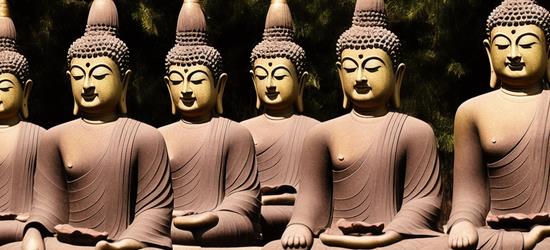
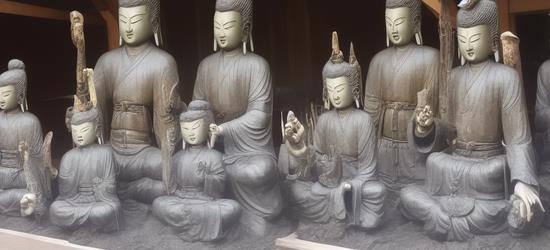
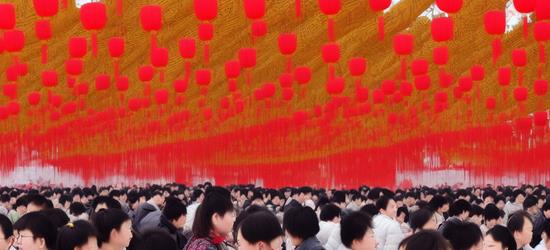



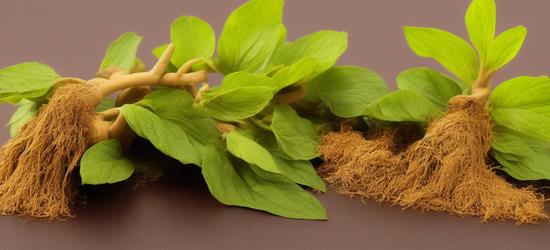
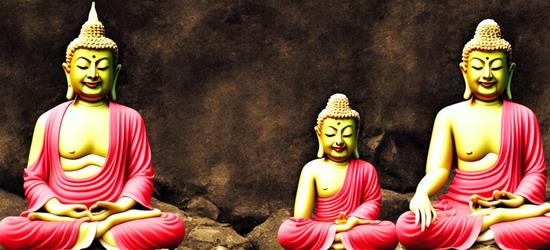

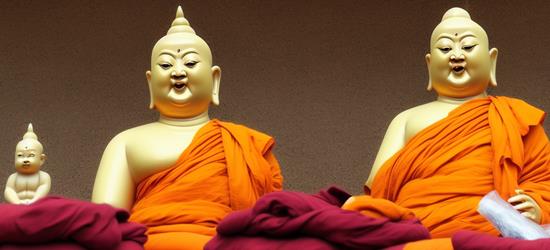


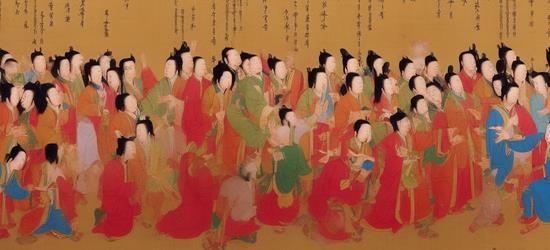
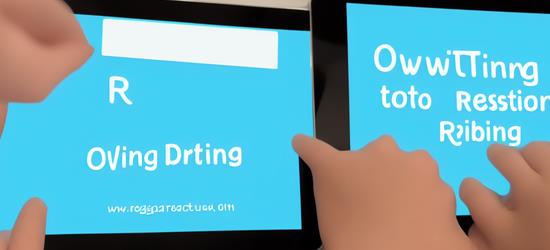




















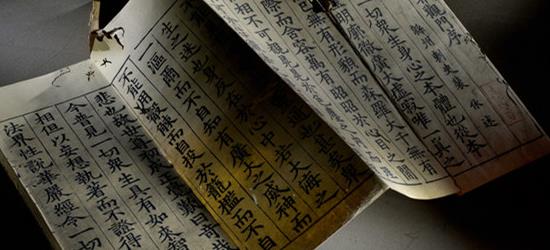
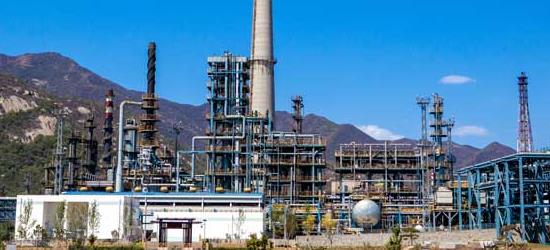



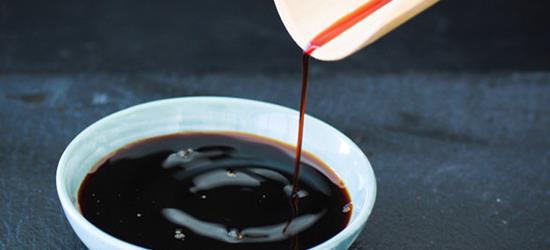
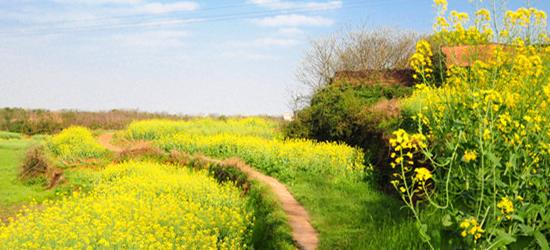
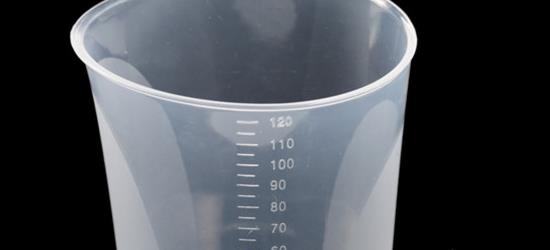

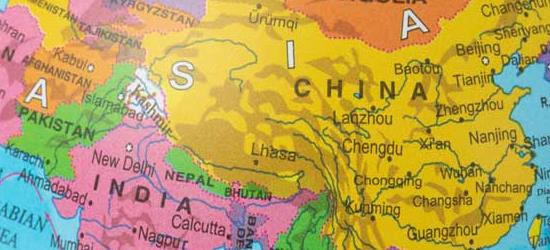

 粤公网安备 44098102441188号
粤公网安备 44098102441188号